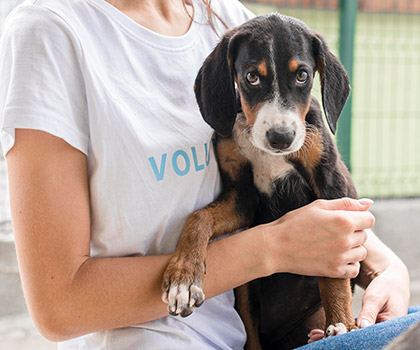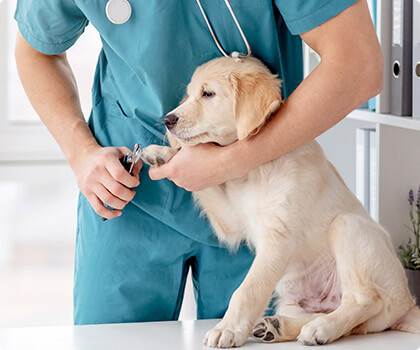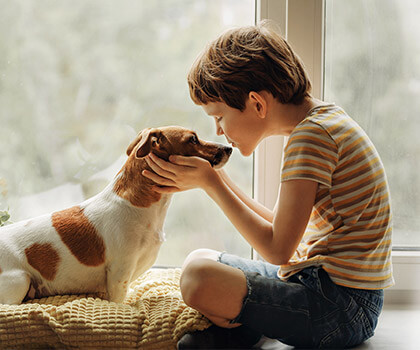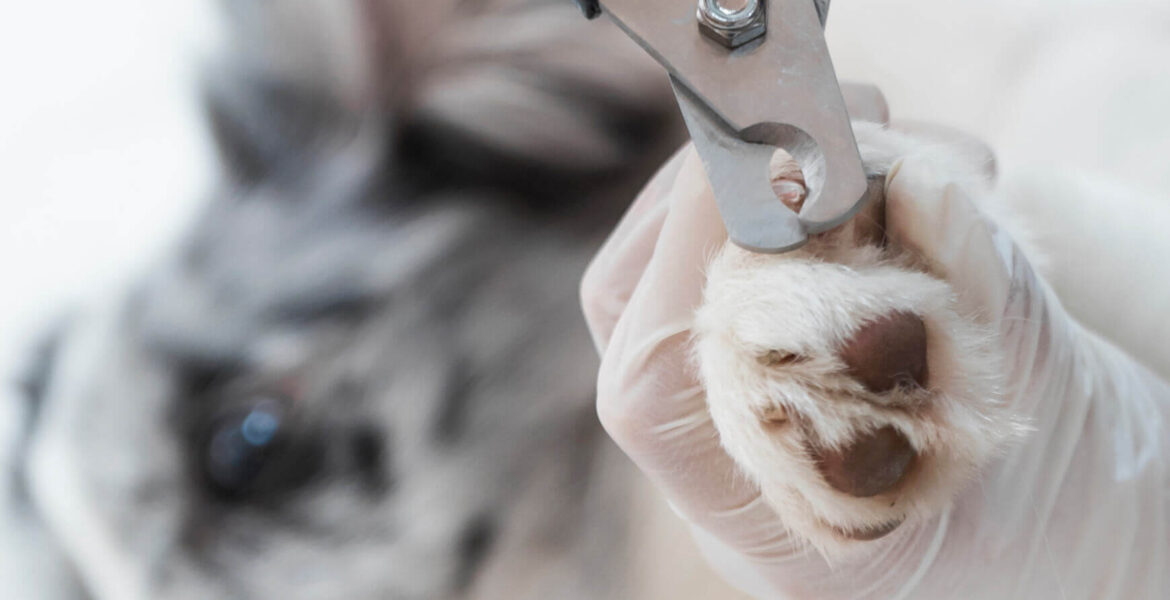The Best Organic CBD Oil For Dogs
Whether your pup is a mile-a-minute, hyperactive Energizer battery on four legs or they just can’t handle those car rides or unexpected visitors, getting them to calm down is an invaluable skill. Keeping or getting your dog calm has many benefits, such as preventing possible accidents, fear-related behaviors, and reducing blood pressure. When a dog is going full force, they risk the possibility of running into traffic, disobeying, or otherwise getting hurt. Hyperactivity isn’t only a young dog issue; it can continue well into adult years. Some dog breeds are more energetic than others, so keep that in mind if you’re faced with a choice.
Dogs that are anxious or nervous run the risk of fear-biting or other dog fights, or just going through that terrible nervous feeling that elevates stress and that none of us appreciate. Anxiety can be something that a dog is born with or something that comes on due to an event in their life. Either way, learning how to calm them down will help them feel better.



Provide a Safe Spot
There’s a saying. If you want someone to love you forever, buy a dog, feed it and keep it around. OLIVER SANDERO
Train Them to Settle and Focus
- Firstly, when your dog gets worked up give them a verbal cue that works to both catch their attention and provides them with something to do. That cue can be “sit,” “down,” or even “relax.” You just want to make sure you can use it consistently.
- Secondly, use the word until your dog performs the behavior that you want, such as lying down, sitting at your feet, or even just stopping what they are doing and looking at you. You may have to show them what to do the first few times until they get the hang of it.



